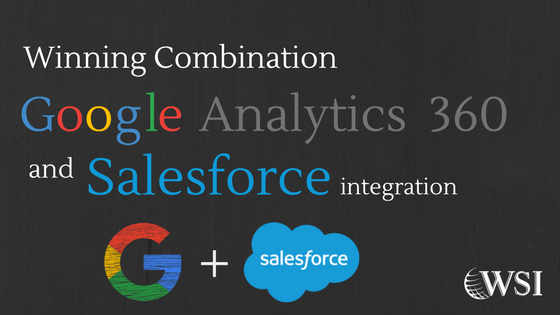
Too often marketers share how challenging it is to accurately measure their customer’s journey whether online or offline. For this very reason, the strategic partnership between Google and Salesforce has many marketers licking their lips. The tech giants will combine features from Google Analytics 360 Suite with Salesforce uniting the popular marketing solutions used by many businesses. This will enable sales, marketing and advertising data to flow seamlessly between Google Analytics 360 and Salesforce Marketing and Sales Clouds.
The companies said marketers will be able to create customised audiences in Google Analytics 360 and then push them into Marketing Cloud to organise activities across digital channels. Analytics 360 data will also be available directly through the Salesforce Marketing Cloud.
This is unprecedented in SaaS specifically as they promised unmatched visibility into the behaviour of customers across brand experiences. Integration of Analytics 360 with Sales Cloud and Marketing Cloud is currently scheduled to begin early 2018.
What This Means For Marketers
At Dreamforce, Google announced four ready-to-use solutions that will combine Analytics 360 with Salesforce Sales Cloud and Salesforce Marketing Cloud:
- Sales data from Sales Cloud will be available in Analytics 360 for use in attribution, bid optimisation and audience creation
- Data from Analytics 360 will be visible in the Marketing Cloud reporting UI for a more complete understanding of campaign performance
- Audiences created in Analytics 360 will be available in Marketing Cloud for activation via direct marketing channels, including email and SMS
- Customer interactions from Marketing Cloud will be available in Analytics 360 for use in creating audience lists
Marketers will have a comprehensive dashboard for their customer engagement data so they can better analyse the performance of various campaigns. This includes whether customers received email promotions clicked to learn more or even purchased a product. Marketing Cloud data related to any interactions between brands and customers will be visible in 360, allowing marketers to create accurate audience lists.
Salesforce Sales Cloud customers will also be able to tap into Google’s ad platforms. As a result, they’ll have a granular overview of the sales cycle, understand how customers interact with brands and easily identify new customers. In addition, they can also use the sales data in Analytics 360 for attribution and bid optimisation.
As a simple example, if you send an email campaign to frequent shoppers to promote your product launch, you’ll be able to see in Marketing Cloud how many pages people visited when they came to your site, the number of times they clicked on product details to learn more, and how many people added items to their shopping cart and completed a purchase.
Google Analytics 360 and Salesforce Integration
These new integrations could forever change the game in how organisations understand and reach their customers. They will also be able to measure the impact of their marketing efforts more accurately.
To give you an idea of the capabilities of these leading tech companies, take a look at the following. According to Google’s blog post, “Analytics processes hundreds of billions of customer moments every day while Salesforce Marketing Cloud sends 1.4 billion emails with over 5 million leads and opportunities created in Salesforce Sales Cloud”. This is a clear indication that this is winning combination and with all that data, marketers could achieve the ultimate goal – to provide every customer with a highly relevant experience through the entire journey.
By effectively integrating your customer data, you can see a customer’s path from awareness through to conversion and retention. With all the connections to Google’s ad platforms and Salesforce’s marketing platform, you can quickly take action and engage with your audience at the right time with the right message.
Contact WSI eMarketing today to discuss your marketing strategy. We can help tailor specific solutions for your brand including Marketing Automation, Mobile Marketing, PPC, SEO, Social Media Management and more.
Related Post
Effective Facebook Marketing...
With over 600 million users, Facebook represents the single most connected platform on...
- March 1, 2011
- By Nadine Thomas
- Latest Online Trends
Monitor, Influence and Lead...
Get Actively Involved in the Outcome of Search Results Don’t take negative publicity...
- April 28, 2011
- By Rob Thomas
- ORM
Free Online Reputation...
Listen to What’s Being Said About You Online (Free online reputation monitoring...
- May 5, 2011
- By Rob Thomas
- ORM
Top Tips for Product Page...
As the internet evolves and user expectation becomes increasingly sophisticated, creating...
- May 31, 2011
- By Rob Thomas
- e-Commerce
How To Drive Sales With...
Landing pages have long been the primary tool of the web-savvy marketer. Whether the...
- June 12, 2011
- By Nadine Thomas
- e-Commerce
Top Tips for Product Page...
Your website marketing activities are geared to getting a qualified audience to your...
- June 14, 2011
- By Rob Thomas
- e-Commerce

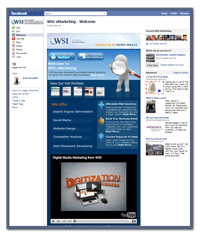


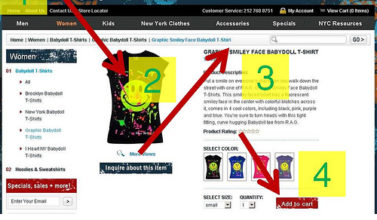
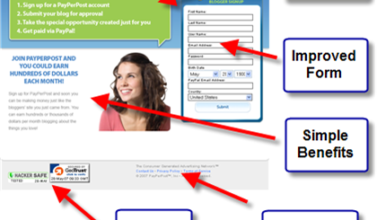
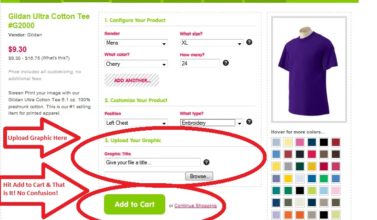
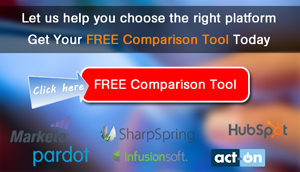



Leave a Comments